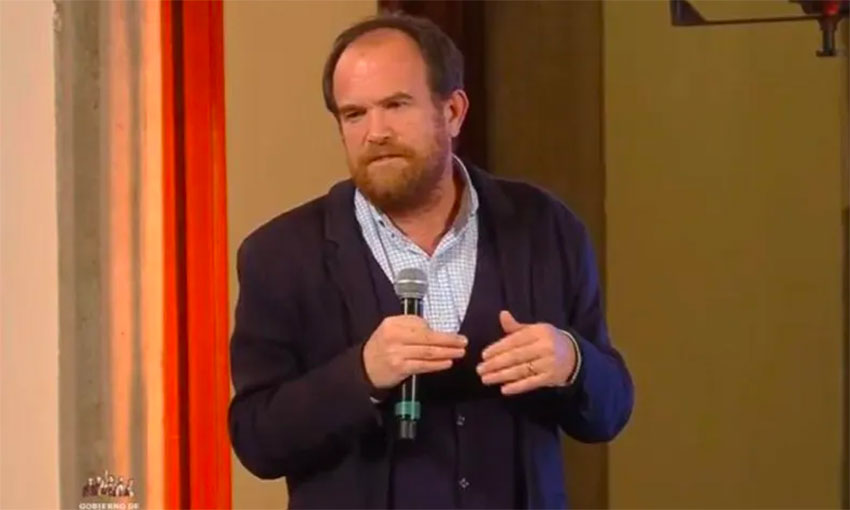Mexico’s public health system could be overwhelmed if the government’s predictions on the number of people who will be infected with coronavirus Covid-19 come true.
Ruy López Ridaura, director of the National Center for Disease Prevention and Control Programs, said Tuesday that 0.2% of Mexico’s population, or more than 250,000 people, could catch Covid-19 if there is a widespread outbreak.
Most will have only mild symptoms but more than 24,500 people would likely require hospitalization and just over 10,500 could need intensive care, he said.
While it is unlikely that more than 10,000 Covid-19 patients would require critical care treatment at the same time, there is still a significant chance that there will not be enough intensive care beds in public hospitals to accommodate people needing such treatment.
Public hospitals, including those operated by the social security services IMSS and ISSSTE as well as Pemex, the army and the navy, have about 3,000 intensive care beds available for Covid-19 patients that require them, said Gustavo Reyes Terán, head of the commission that manages Mexico’s national health institutes and specialty hospitals.

In light of the potential for an overwhelming demand for public hospital beds, Health Minister Jorge Alcocer said Tuesday that hospitals would be reconfigured in order to be able to cope with any large influx of Covid-19 patients.
He also said that the Health Ministry could seek to collaborate with private hospitals in order to ensure that everyone receives the treatment they require.
Alcocer ruled out the possibility of building a new hospital to accommodate coronavirus patients, as occurred in China, stating that it wasn’t necessary. However, authorities in Hidalgo have set up an inflatable hospital in Pachuca to deal with a possible influx of coronavirus patients.
Besides a possible lack of beds, Mexico will also be forced to respond to any widespread coronavirus outbreak with a low nurse-to-doctor ratio.
According to an Organization for Economic Co-operation and Development (OECD) report published last November, Mexico has only 1.2 nurses for each doctor whereas the average among the 36 OECD member countries is 2.7.
There are also concerns about whether the government’s new universal health scheme, which has been plagued with problems since its introduction at the start of this year, will be able to cope with an influx of Covid-19 patients seeking free treatment.
“The Insabi [National Institute of Health for Well-Being] system is nowhere near ready,” Tony Payan, a Mexico scholar at the Baker Institute at Rice University, told Americas Quarterly (AQ).
Other observers said that Insabi, and the public health system in general, need a massive injection of funds if Mexico wants to have a fighting chance of limiting the impact of coronavirus.
“There’s no budget. If we have 6,000 patients we won’t have the resources,” Xavier Tello, a Mexican health policy consultant, told AQ.
However, the government, which has implemented a range of austerity measures to save money – and came under fire in 2019 for cutting healthcare funding – would likely be unprepared to substantially increase the budget of the public health system.
“Unfortunately spending on health has been affected. It’s worrisome that we’ll confront this crisis with coronavirus in this context. We won’t be as prepared as we should be,” Mariana Campos, an analyst with the México Evalúa think tank, told AQ.
One positive is that Mexico has a relatively young population, meaning that there is a smaller pool of people aged over 65 who could become infected with Covid-19 and face serious complications as a result of their age.
Only 7% of Mexico’s population is aged over 65, AQ reported, compared to almost 16% in the United States and 23% in Italy.
There were 93 confirmed cases of Covid-19 in Mexico as of Tuesday but the number is expected to increase quickly as the country moves into a stage of community transmission that health officials say could start next week.
Source: Animal Político (sp), Americas Quarterly (en)